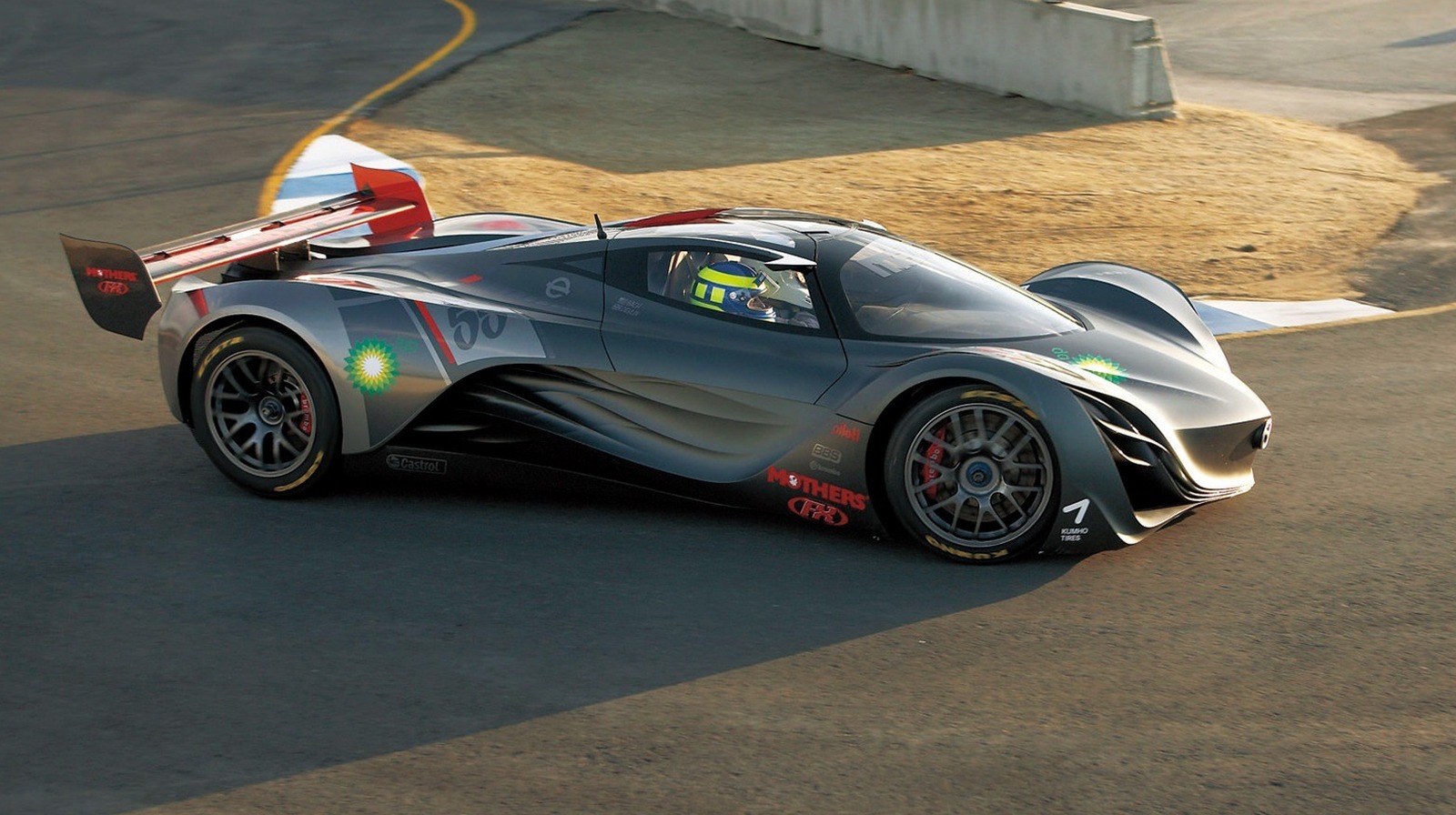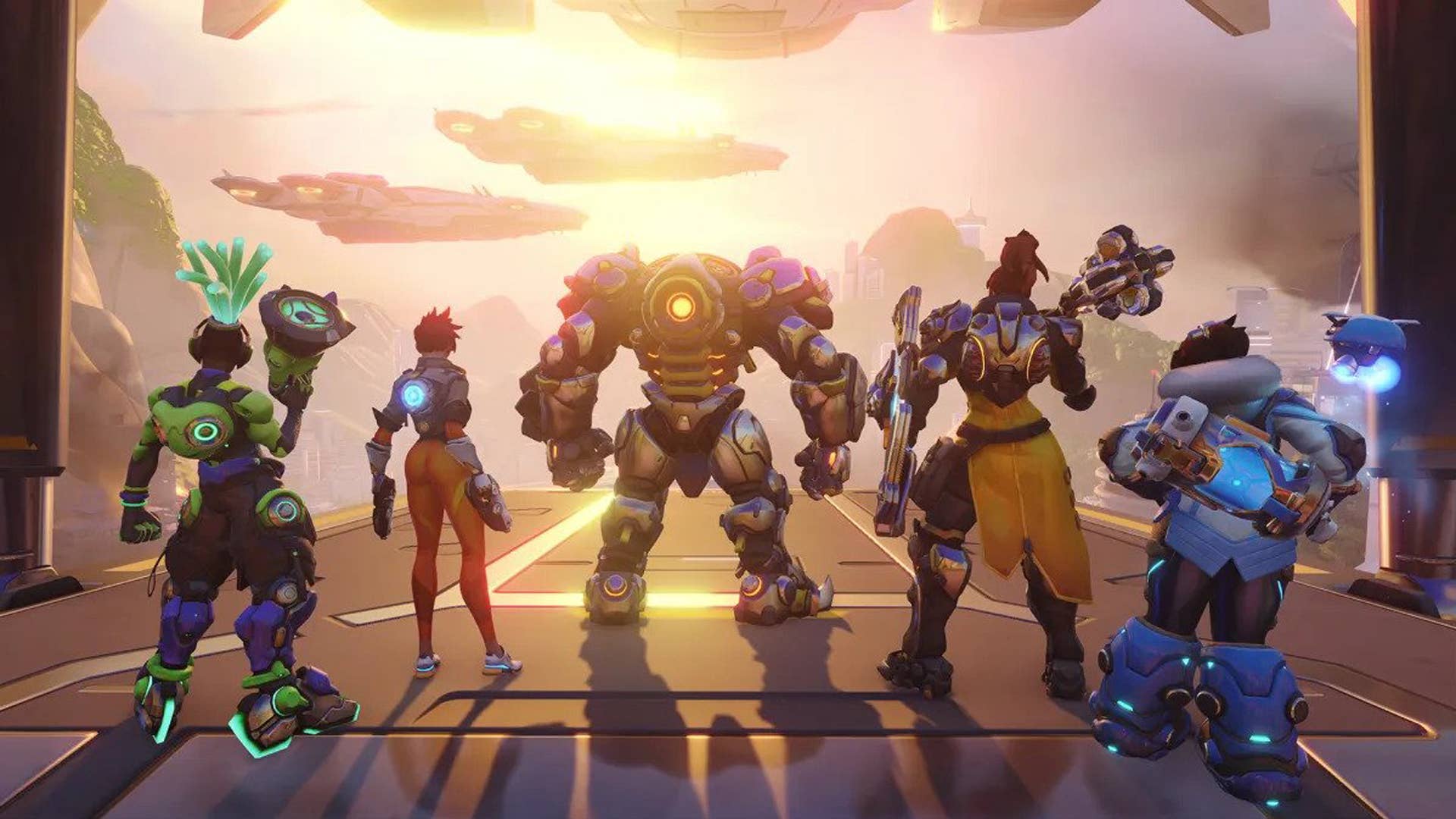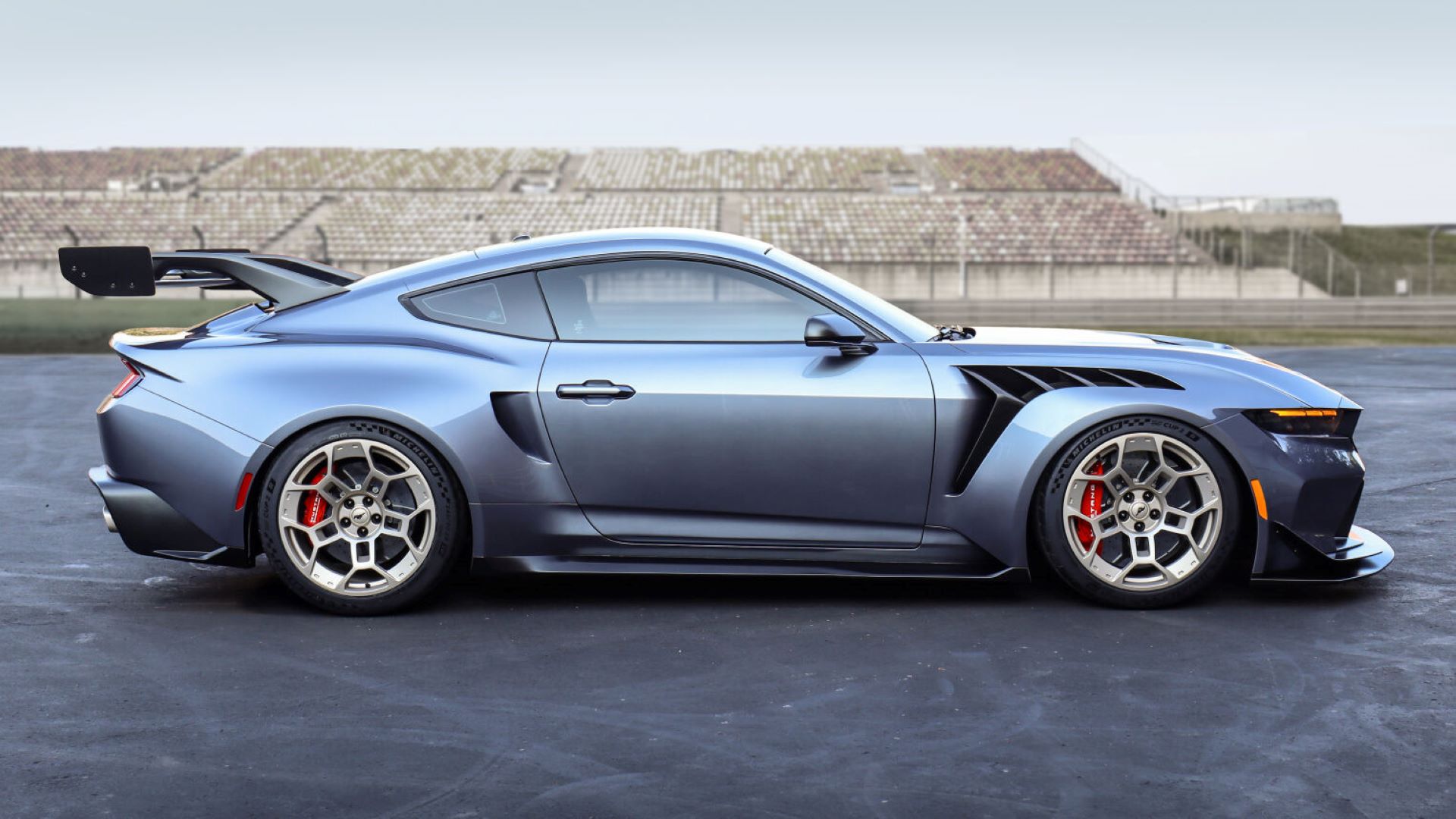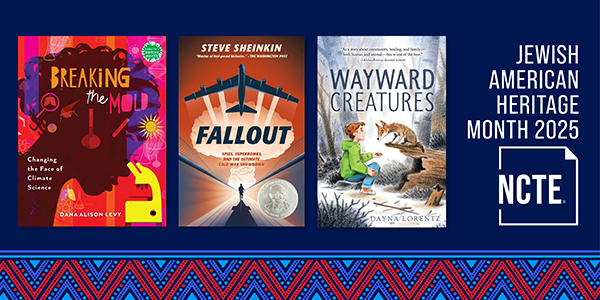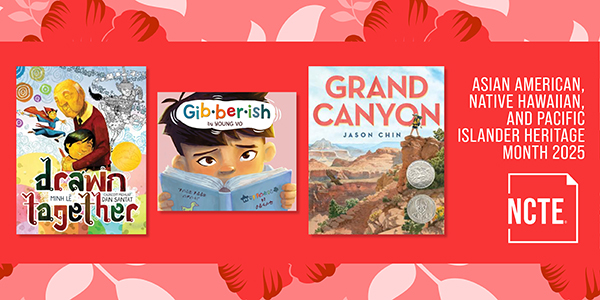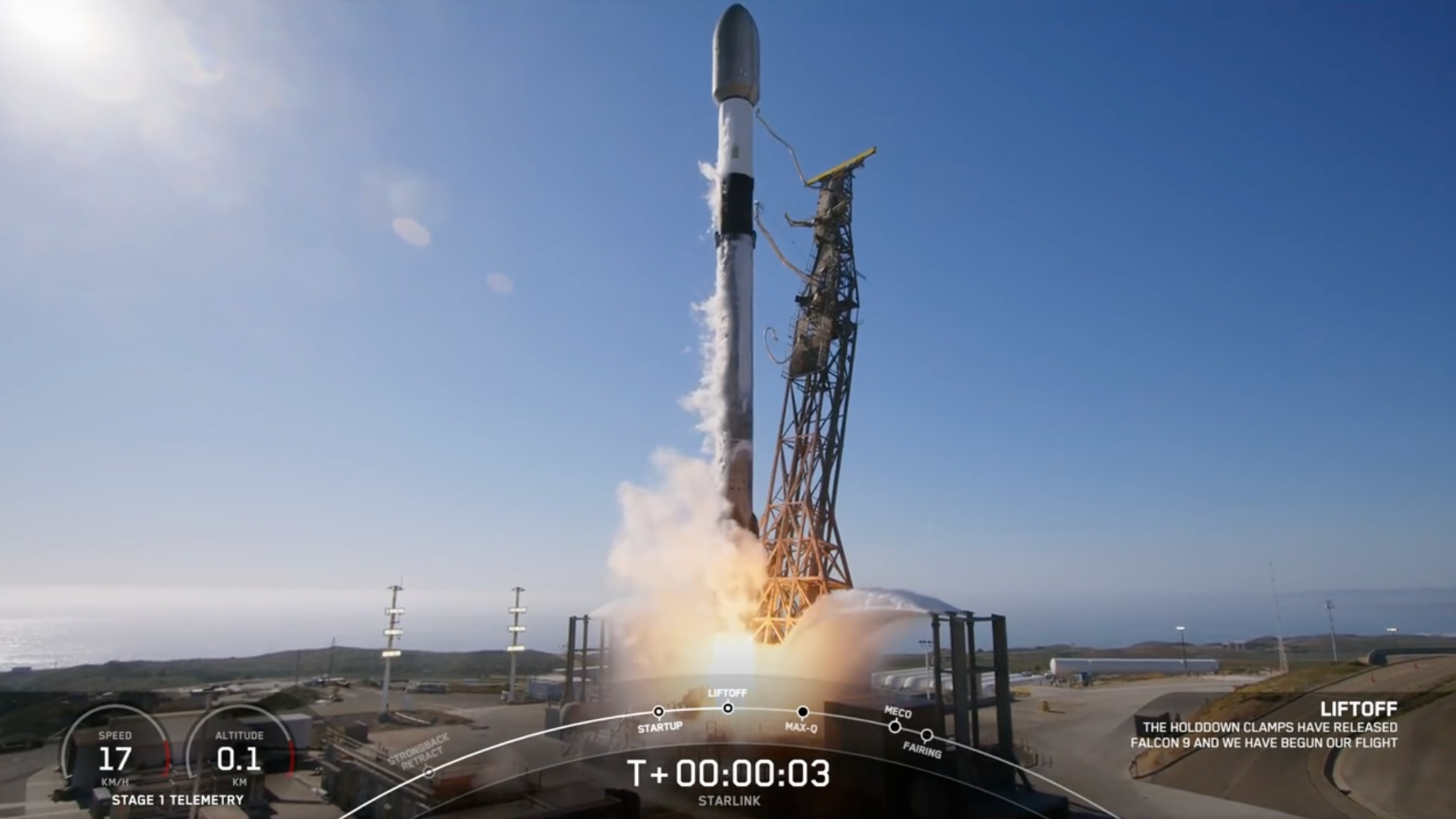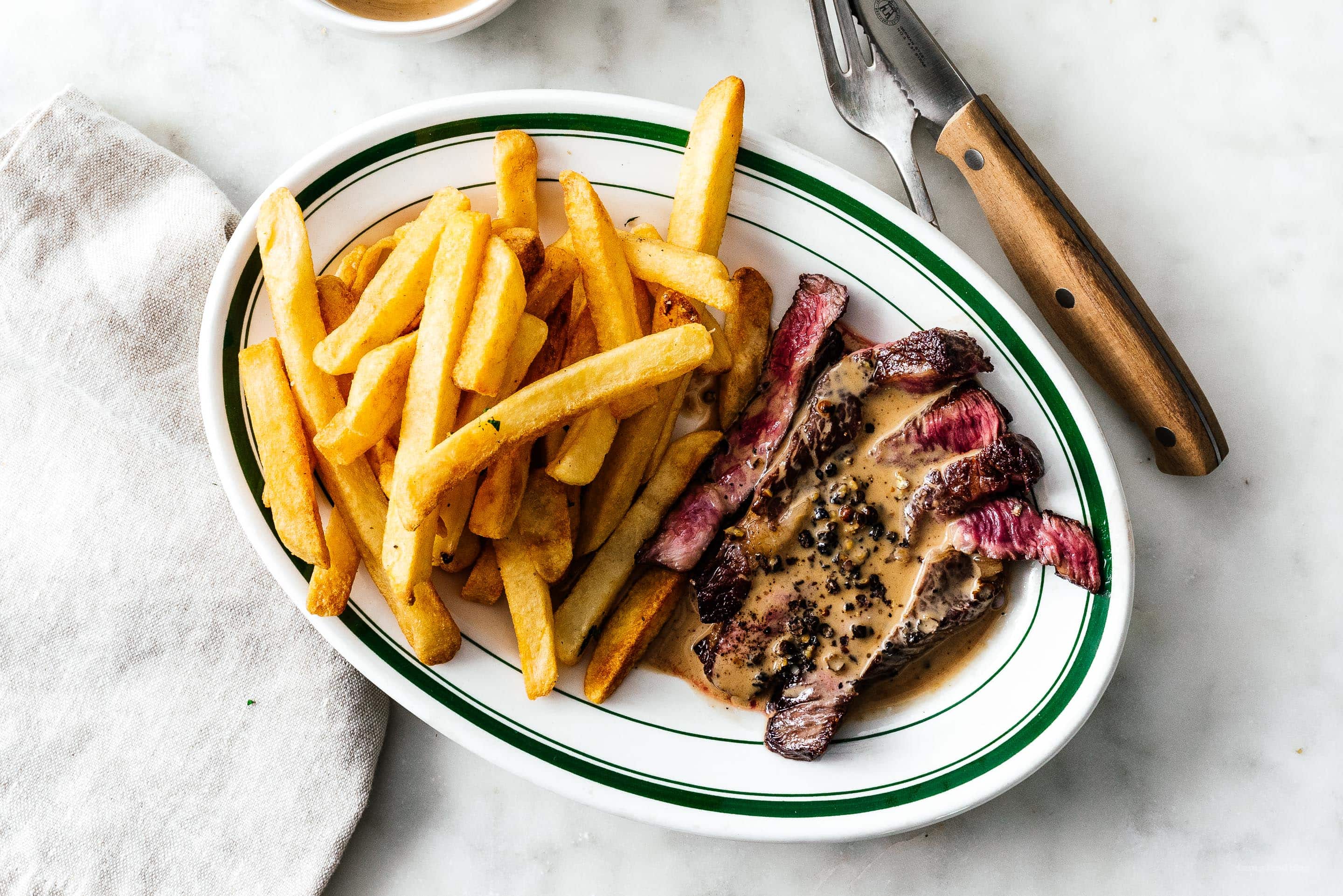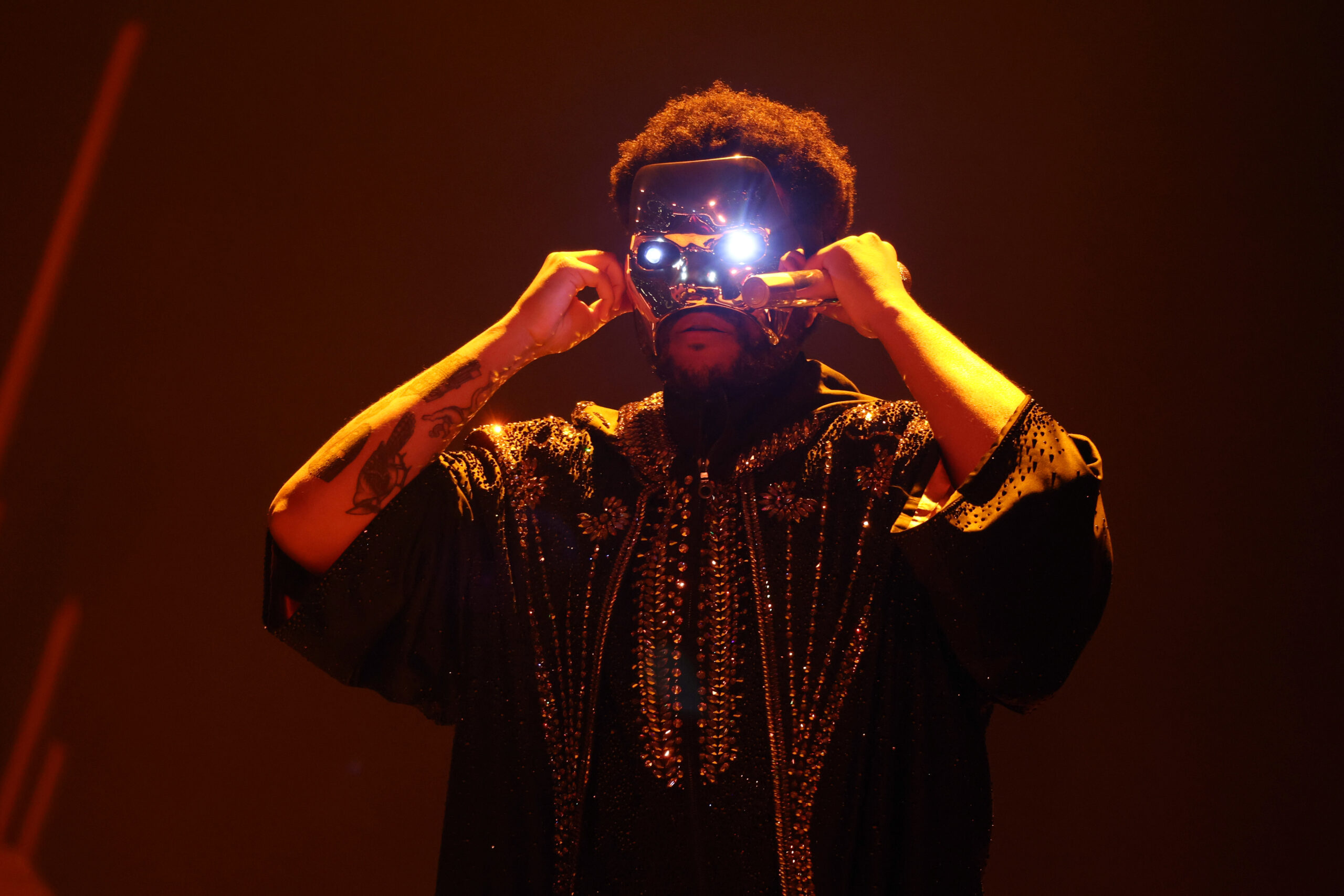Private Equity Is Being Blamed for an (Alleged) Decline in New Music. Here’s What That Argument Gets Wrong
A new article in The Atlantic takes private equity to task for emphasizing catalog music at the expense of new stars, but it’s missing the bigger picture.

Private equity’s involvement in the active market for music catalogs continues to be a sore subject at one of America’s finest literary outlets.
“There are vested interests now that don’t want new music to flourish,” music historian Ted Gioia told The Atlantic. “The private-equity funds just want you to listen to the same songs over and over again, because they own them.” A similar argument — or warning — came last year from The New York Times, which bemoaned that “private equity is destroying our music ecosystem” and “gobbling up the rights for old hits and pumping them back into the present.” Gioia made the same argument in 2022 at his Substack publication, The Honest Broker, which The Atlantic later republished.
Not only are these big investors contributing to old music’s dominance, the arguments go, but record companies’ dedication to the past is hurting the music of the present — both in terms of quality and its share of listening on streaming platforms. Record labels “don’t spend any money on research and development to revitalize their business, although every other industry looks to innovation for growth and consumer excitement,” Gioia dubiously wrote in 2022.
Okay, so private equity has a bad reputation — sometimes deservedly so — for its involvement in unbridled capitalism. Think of the infamous leveraged buy-out, in which investors borrow money to acquire an underperforming company. The buyer inevitably makes drastic changes, often including mass layoffs and selling off subsidiaries. The company may be resuscitated. But if the endeavor fails, it may also go bankrupt (see iHeartMedia) or be sold for parts by the creditors (see EMI Music).
But blaming private equity for the current state of music — whatever it might be, but I’ll get to that below — shows a misunderstanding of institutional investments in music assets. Private equity firms aren’t interested in making their purchases popular — they invest in catalogs that never stopped being popular. The rise of streaming platforms made music an attractive asset class because the royalties became more predictable, and that evergreen nature of desirable catalogs fits into institutional investors’ desire for steady, low-risk returns.
It’s true that new releases account for a minority of on-demand music streams. In 2024, the share of catalog — releases more than 18 months old — stood at 73.3% of on-demand audio streams, according to Luminate. That was up from 66.4% in 2020.
But, as Billboard noted in 2022, the rise in catalog’s share of streaming can be attributed to “shallow catalog” rather than legitimate oldies. Shallow catalog is relatively young music that has aged out of the current category but, with the help of streaming platforms’ playlists, remains relevant far longer than radio hits of decades past.
According to Luminate’s 2024 recap, nearly half — 49.6% — of U.S. on-demand audio streams were songs released in the 2020s, and about 90% of streams came from songs released this century, the same percentage as when Billboard ran the numbers three years ago.
To believe that old catalog is crowding out new releases, you’d have to think that the major labels’ partnerships with private equity have infected their desire to develop and break new hits. In 2024, Universal Music Group invested in Chord Music Partners, which was co-founded by Dundee Partners and KKR (the latter exited Chord last year). This year, Warner Music Group bought a majority stake in Tempo Music, while founder Providence Equity Partners retains a minority stake.
If these owners of music portfolios are trying to sabotage young artists, they’re doing a lousy job. The old catalogs prized by private equity-backed investors — music from the ‘60s, ‘70s and ‘80s — accounted for just 5.7% of streams in 2024. That’s roughly 1 in 19 streams coming from music that originated before the Gulf War.
To say that old classics crowd out new music assumes the music business is a zero-sum game with an equal number of winners and losers. It’s not. An opportunity won by an old song doesn’t necessarily equate to a loss for a younger song. A Post Malone track might work fine for an action scene in a Vietnam War-era film, but the director is going to prefer Creedence Clearwater Revival’s “Run Through the Jungle” almost every time.
Catalog valuation expert Citrin Cooperman recently ran across an example that shows music’s value isn’t finite. Between 2022 and 2024, after an older generation started streaming music during the pandemic, catalogs from the ‘80s outperformed music from other decades. But the surge in ‘80s music “has not crowded out newer music,” says Citrin’s Barry Massarsky. “It’s just added more value to the supply of music on streaming.”
The touring business offers more proof that young artists aren’t being hamstrung by their predecessors. Billboard Boxscore’s top tours of 2024 includes numerous newcomers whose careers took off after private equity fell in love with music. The No. 3 artist on the list, Zach Bryan, released his first major label album in 2022. Bad Bunny, who finished at No. 9, released his breakthrough album, YHLQMDLG, in 2020. Elsewhere in the Top 40 are several relatively young artists, including Luke Combs (No. 11), Karol G (No. 12), Travis Scott (No. 13) and Olivia Rodrigo (No. 14).
The top tours list does feature legacy acts that have — or easily could — sell their catalogs for large sums, such as Coldplay (No. 1), Bruce Springsteen (No. 5), The Rolling Stones (No. 6) and U2 (No. 7). But there’s also Noah Kahan (No. 29), who broke just three years ago, and K-pop group SEVENTEEN (No. 31), who didn’t land on a U.S. album chart until 2022.
But what about claims that the quality of today’s pop music is lacking? Since I’m not the best person to make qualitative statements about the state of pop music, I talked to some Billboard co-workers who follow trends, interview artists, review concerts and generally have their fingers on pop music’s pulse. They gave me sober assessments of current music that contrasts with The Atlantic’s naysaying.
One reason today’s pop music could seem suffocated by the past is because listening has become personalized and fractured. Numerous co-workers point out that radio- and MTV-driven hits have been replaced by countless niches and sub-genres. Dig deep enough and you’ll find innovative and meaningful music that isn’t surfaced by TikTok and Spotify algorithms.
Catalog’s apparent dominance could also be the result of newer ways to measure popularity. “Streaming has made catalog success stories more visible,” says Billboard’s Jason Lipshutz. “We can see how long the classic Christmas singles linger around the top of streaming playlists every holiday season or hear The Neighbourhood’s ‘Sweater Weather’ soundtrack more TikTok clips with every new autumn.”
And as Billboard’s Andrew Unterberger notes, the revival of old songs didn’t start in either the private equity or TikTok-streaming eras. The Everly Brothers’ 1965 hit “Unchained Melody” re-entered the Hot 100 chart due to its inclusion in the 1990 motion picture Ghost. In 1992, the movie Wayne’s World breathed new life into Queen’s “Bohemian Rhapsody.” The Dirty Dancing soundtrack, filled with songs from the early ‘60s, was a huge success in 1987. People have always relived the past — especially on radio — but now it’s more obvious.
Maybe the quality of today’s music isn’t a problem in the first place. “In the last 18 months or so, I think we’re actually in the healthiest time for pop music of the last decade — definitely of the 2020s,” says Unterberger. Since the pandemic, which Unterberger believes coincided with a drought in future superstars, artists such as Chappell Roan, Sabrina Carpenter, Kahan and Bryan became hitmakers and arena-fillers without following traditional industry blueprints. “People like that are saying something a little different or saying something a little bit more specific to their times,” he says.
There’s some evidence that pop music was especially potent in 2024. MIDiA Research noted last week that from 2016 to 2023, the top tracks in the U.K. had a decreasing share of total audio streams, with the top 10’s share falling from 2.0% in 2016 to 0.7% in 2023 while the top 100 dropped from 10.3% to 3.7%. But both figures reversed course in 2024: the top 10 inched up to 0.8% and the top 100 rose slightly to 3.8%. What’s behind the increase? MIDiA attributes it to a particularly notable year for superstar releases (Taylor Swift, Beyonce) but also “a new class of superstars” (Carpenter, Roan, Gracie Abrams) and an A&R process that puts developing stars over signing TikTok viral hits.
It’s not a stretch to say today’s pop music isn’t as deep as, say, Joni Mitchell’s “Big Yellow Taxi.” The opening line, “They paved paradise, put up a parking lot,” provides more social commentary than the average pop song. But maybe critics like Gioia are expecting too much from stars of the current era. Billboard’s Lyndsey Havens notes that artists seem unwilling or uninterested in commenting on potentially divisive issues and are instead focusing on relationships rather than cultural or political commentary. “Sabrina Carpenter’s ‘Espresso’ is catchy, and it was obviously a huge hit, but it’s not saying anything,” she says.
That’s not private equity’s fault, though. That’s the era we live in. People don’t get their politics from musicians the way they did when the U.S. had only three national TV networks and people received their news from one or two local papers. In the internet age, politics and cultural issues permeate everything. Infusing controversial themes into music is like talking politics during Thanksgiving dinner — somebody is likely to feel alienated. Popular artists don’t want to divide people. At the end of the day, says Havens, pop songs “are doing their job.”
Maybe the best lesson here is not to over-romanticize the past. The classic catalog sales that grab headlines don’t necessarily represent the most popular music of their day. “Big Yellow Taxi” — which Mitchell has not sold, by the way — has become a timeless classic, but was less popular than dozens of other tracks while reaching No. 67 on the Hot 100 in 1970 and No. 24 in 1975. “Even at the most innovative moments in pop music history,” says Unterberger, “there was still dreck on the charts.”
Additional reporting by Liz Dilts Marshall.




















